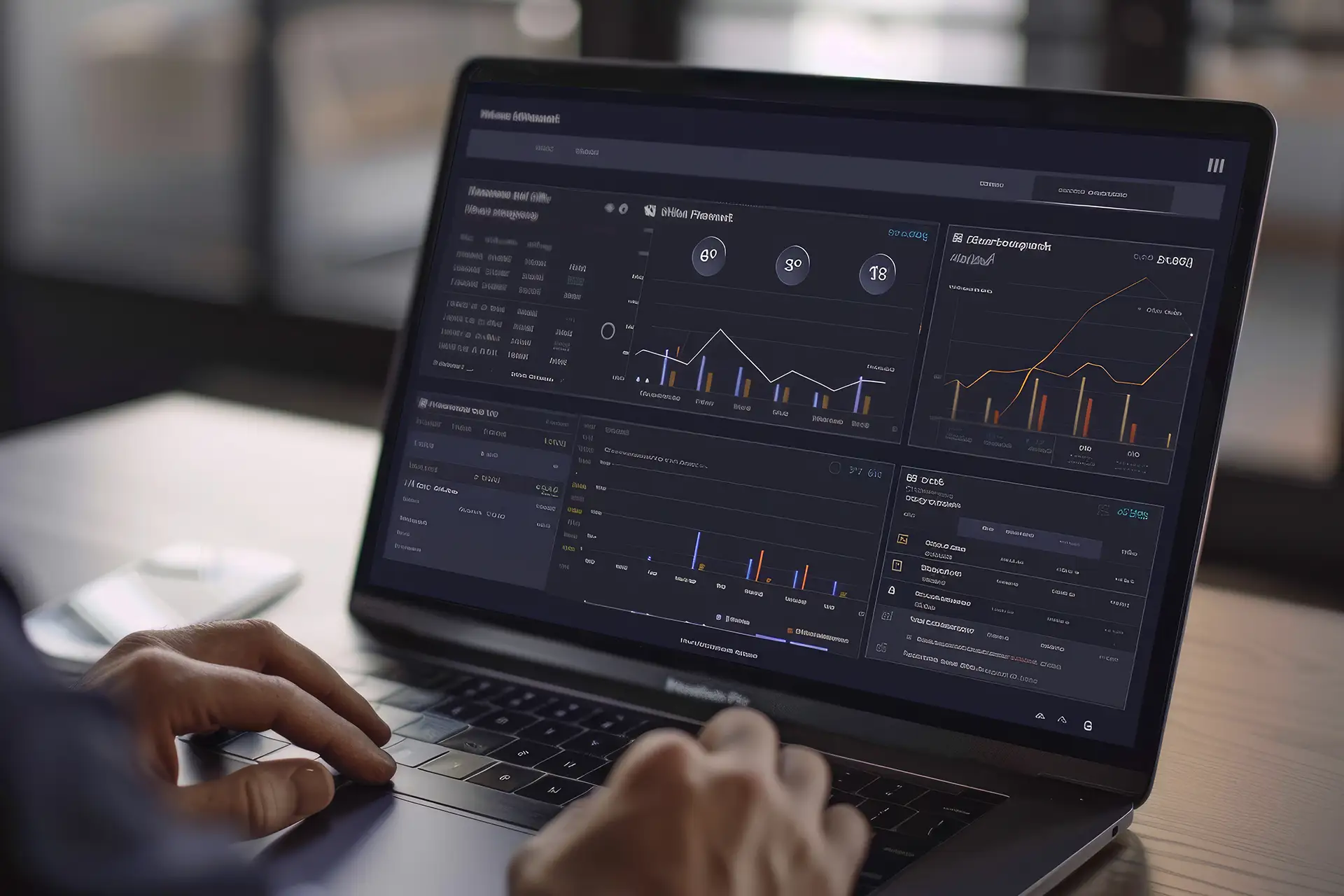Why Should You Prepare a Budget?
Budgeting is a critical component of any organization. The American Federation of Government Employees discusses several reasons why preparing a detailed budget for your union is important:
- A well-formed budget helps to ensure the financial health and security of your organization.
- A budget acts as a guide for leadership when making financial decisions.
- Union members want to know where their membership dues are going. Making the flow of money visible to members indicates transparency and encourages trust in union leadership.
- Analyzing the union’s financial activity allows the organization to adjust or reallocate money if necessary.
How to Prepare a Budget
The task of creating a budget can seem overwhelming if you don’t know where to start. However, the process can be broken down into a few essential steps.
Determine Your Goals and Ask Key Questions
Before preparing a budget for the coming year, it’s important to consider your organization’s goals. Do you want to improve communication with union members? Provide more professional development opportunities? Increase community engagement?
According to the Union Operating Procedures Manual for Communications Workers of America, you should also take a look at your current finances and ask yourself some key questions:
- What percentage of funds is utilized for each area or purpose?
- Are we spending too much in any one area?
- Are we allocating funds to areas that help build and strengthen the union?
Once you have determined the answers to these questions about your organization’s goals and current fund allocation, you’ll be better able to make decisions about the upcoming year’s budget.
Now it’s time to prepare your budget. At its most basic, preparing a budget requires you to estimate two things: future income and future expenses.
Predict Income
To predict income for your organization, you’ll need to identify all reliable sources of revenue for the coming year. For unions, membership dues make up the majority of income. To predict revenue from membership dues, you’ll need to first predict membership numbers. The CWA Union Manual suggests you may want to assume the “worst case scenario” for membership estimates, predicting the lowest possible membership numbers and thus erring on the side of caution.
After estimating income from membership dues, you’ll want to identify all other sources of income such as investment earnings, interest on savings, fundraising activities, newsletter advertising, and government grants. You should not include in your estimates any income that is unreliable or unpredictable.
Estimate Future Expenses
To estimate your future expenditures, you should first look at your fixed expenses for the year. Fixed expenses include set predictable costs such as officer salaries, payroll taxes, property taxes, rent, phone and internet services, insurance, affiliation fees, etc. You’ll also want to consider variable expenses that change from month to month, including utilities, accounting services, and legal services, among others. You will then need to decide what activities and programs you want to provide for your members in the coming year and determine the cost of each of these. You may want to establish an “additional projects” category to cover any unforeseen programs or projects that might come up throughout the year (CWA).
Compare Income to Expenses
Once you have predicted your income and expenses as accurately as possible, it’s time to compare the two numbers to determine whether there is a budget surplus or deficit. If there is a deficit, you will need to cut back on some programs or services. If there is a surplus, you can set the money aside for future use or use the surplus to expand your program and service offerings.
Union Budgeting Tips
- Utilize a pre-made budget template to streamline the budget-making process (a sample union budget template can be found here).
- Take advantage of budgeting software to improve accuracy and efficiency. Many options for budgeting software are available, including QuickBooks’ budgeting function.
- Make sure all expenses are properly documented via bills and receipts.
- Regularly review expenses, comparing them with receipts and bills to ensure they match up.
- Be cautious of the risks of union credit cards. Limit the number of people authorized to use credit cards. It is usually safer to reimburse officers for expenses after the fact than to provide officers with union-owned credit cards (CWA).
Setting a budget is an important aspect of operating a union. For help creating a budget—and for all of your other accounting needs—contact our professionals at RBT CPAs. We’d be happy to work with you to achieve your budget and financial goals.





